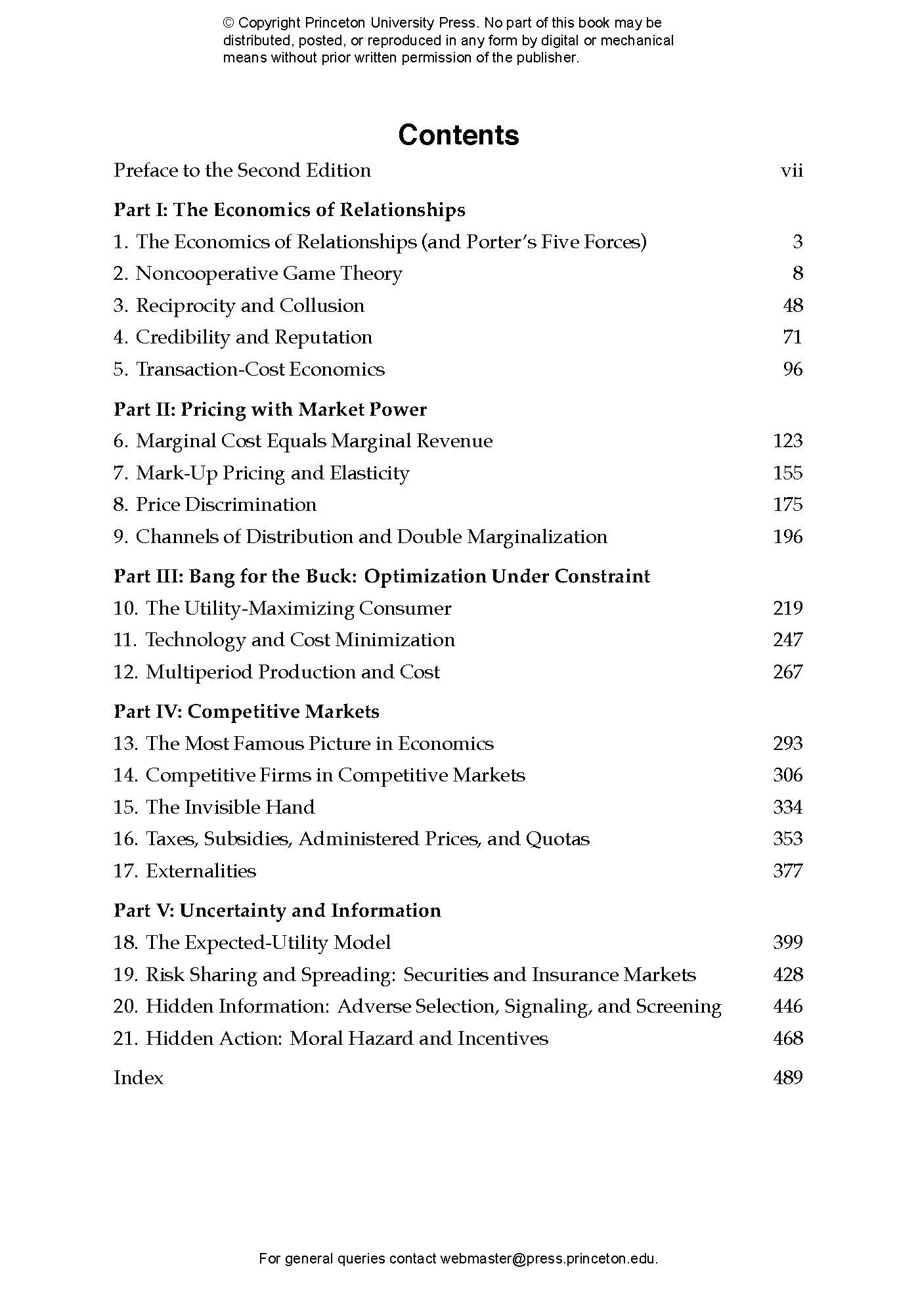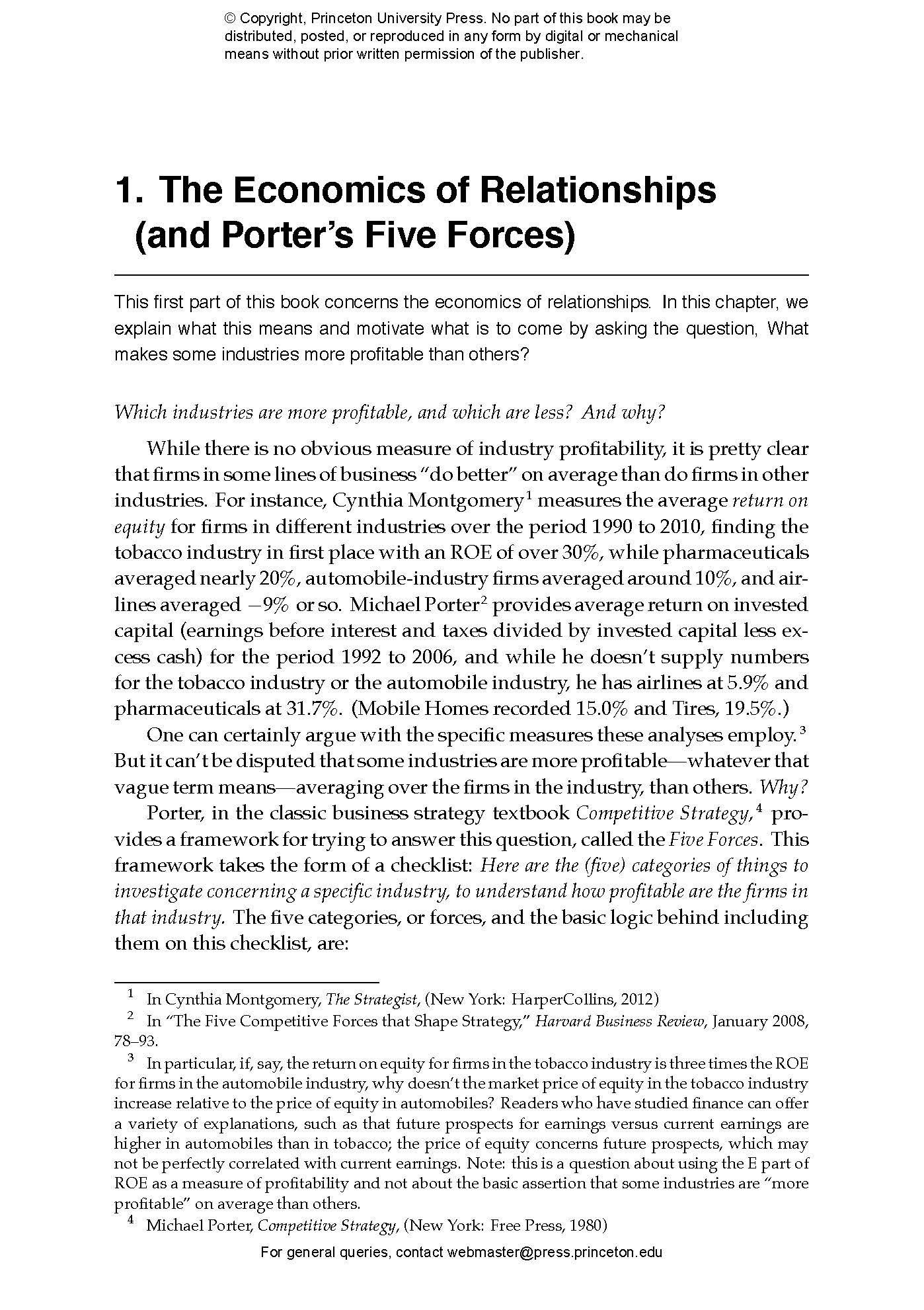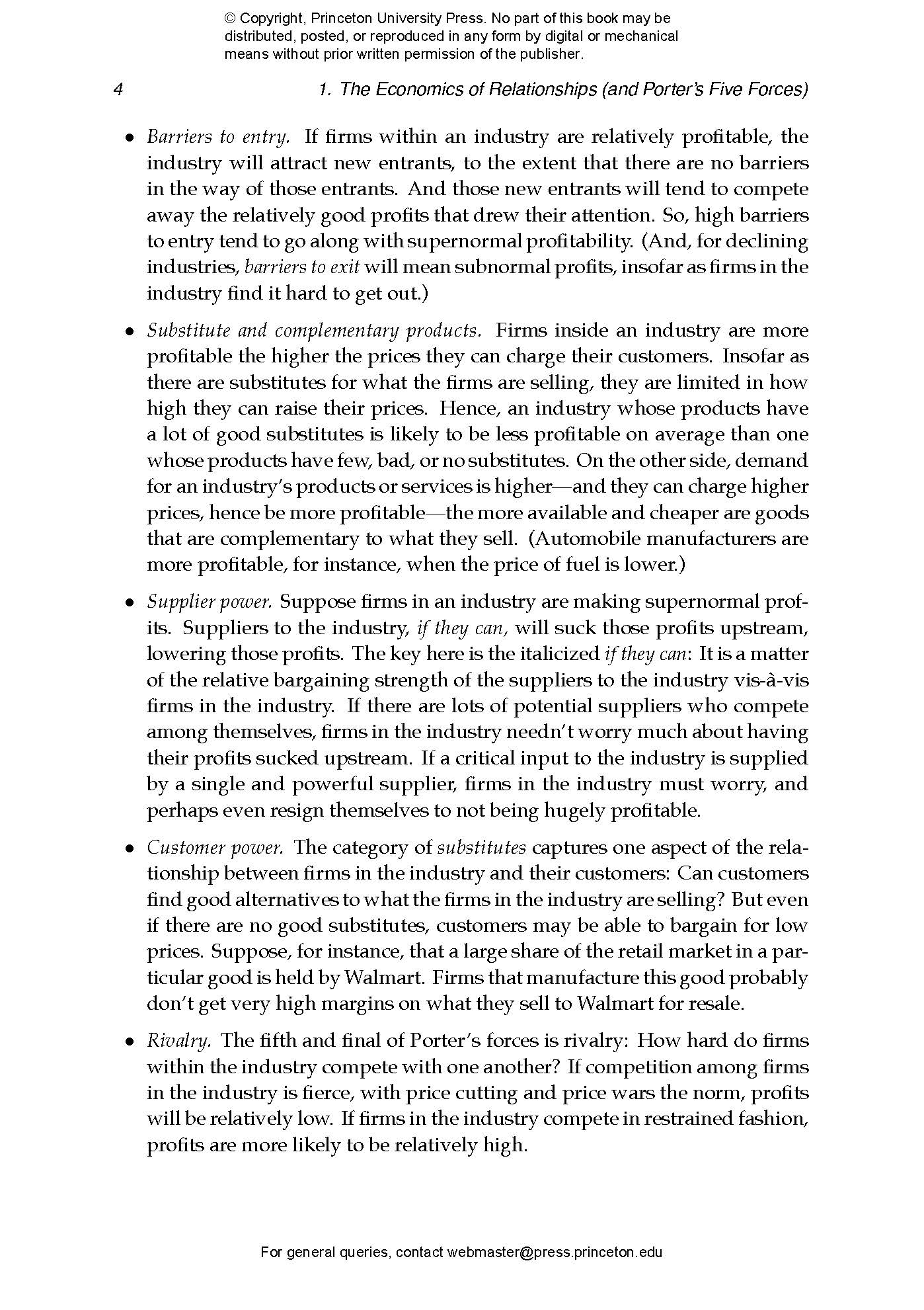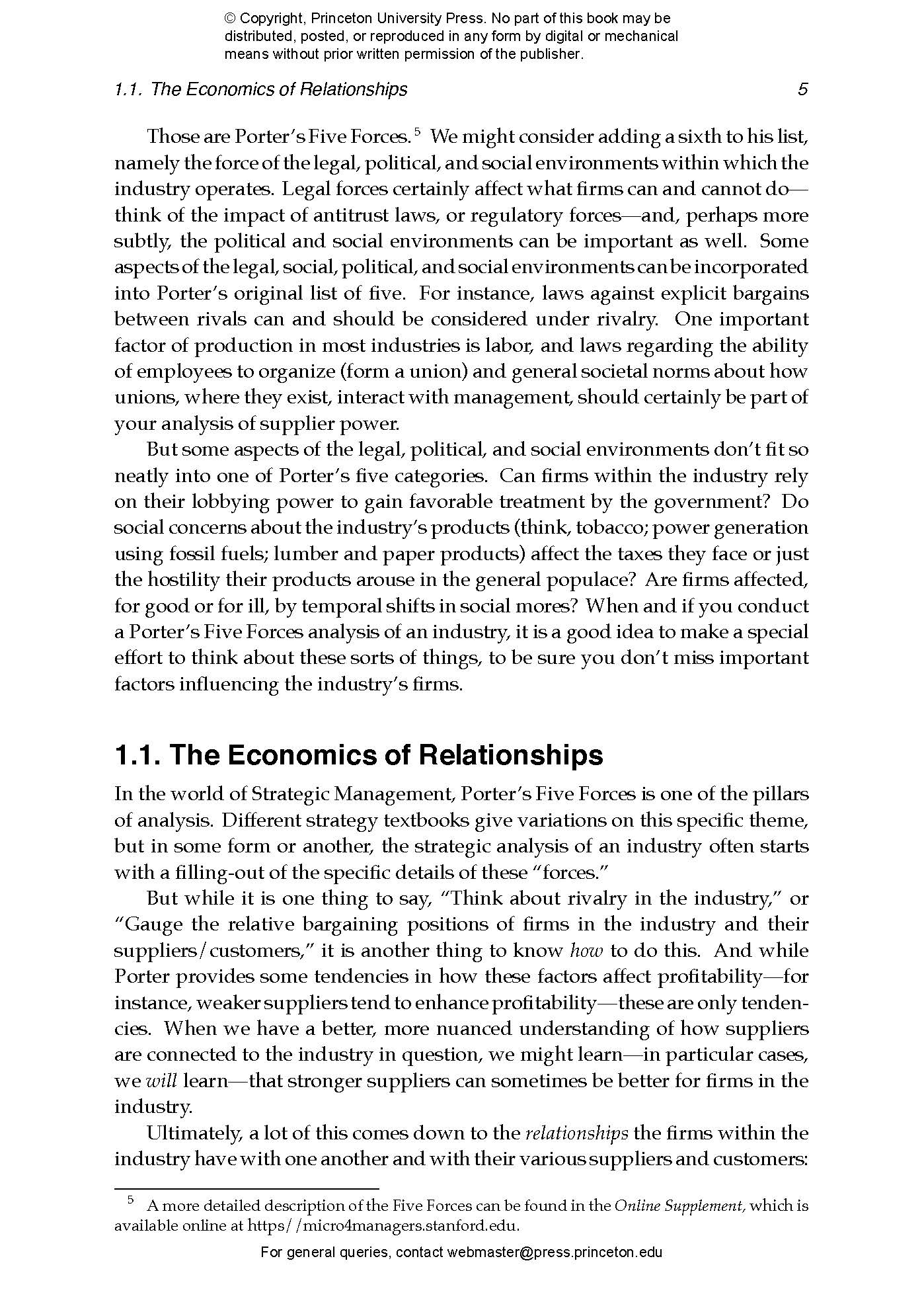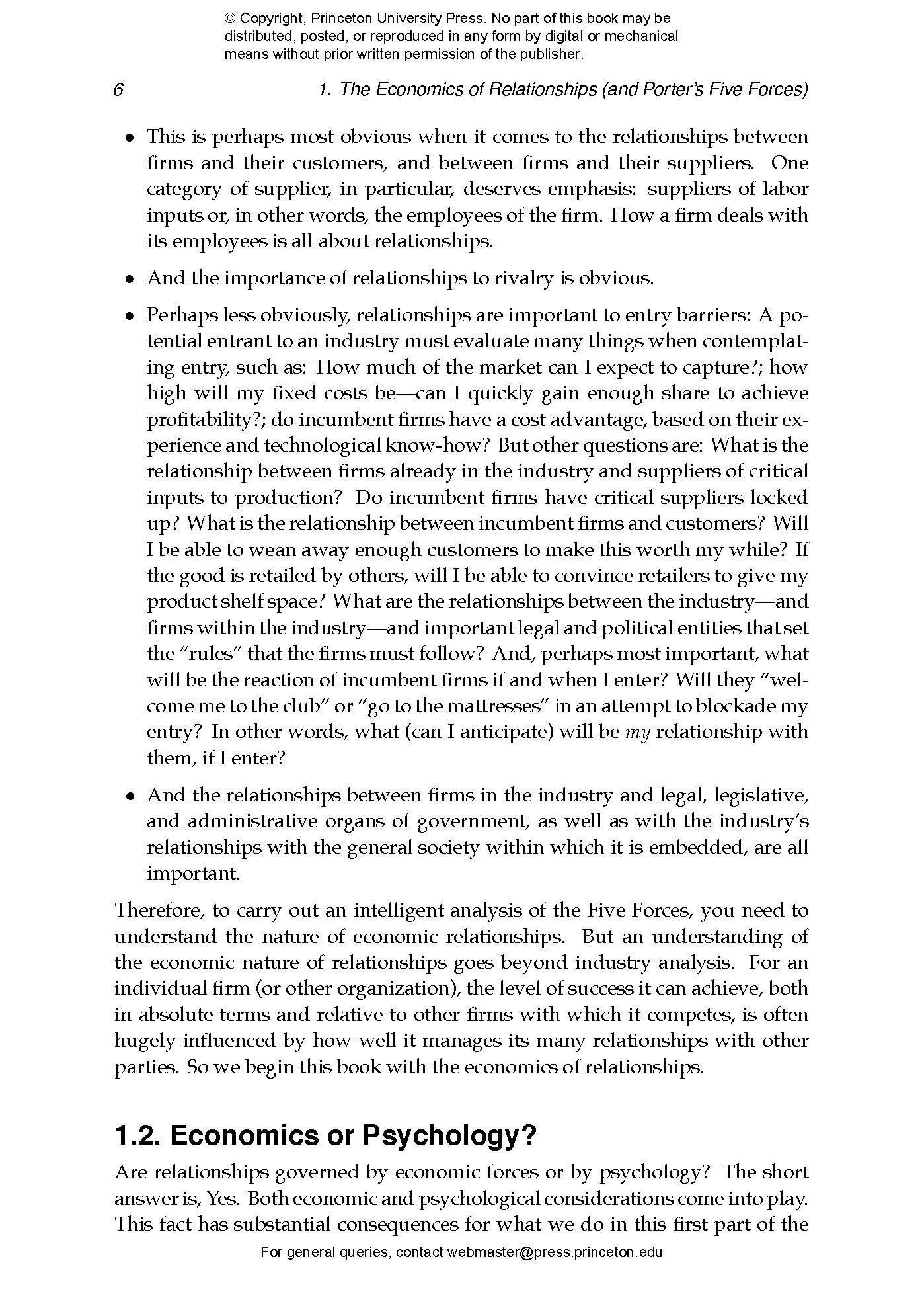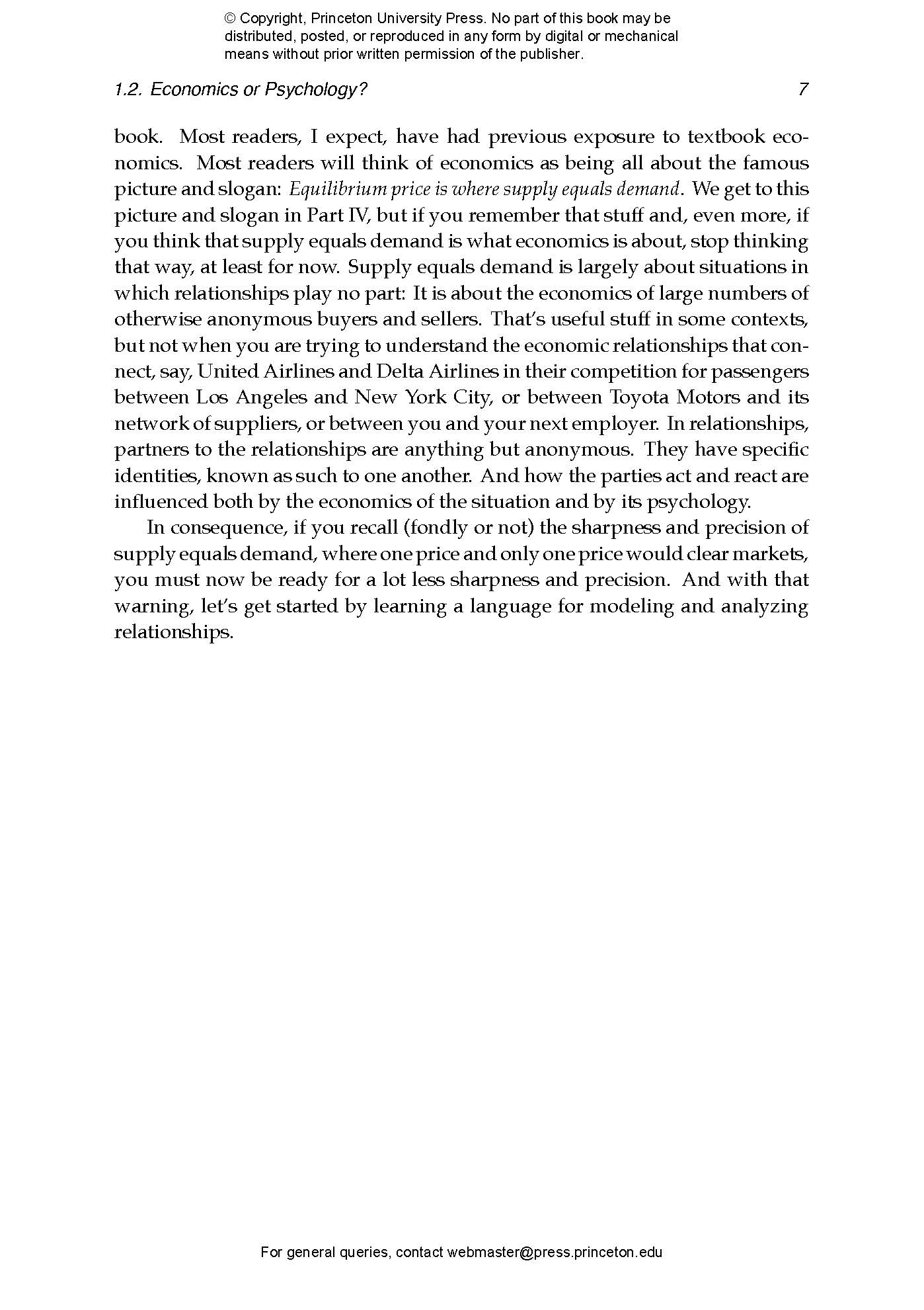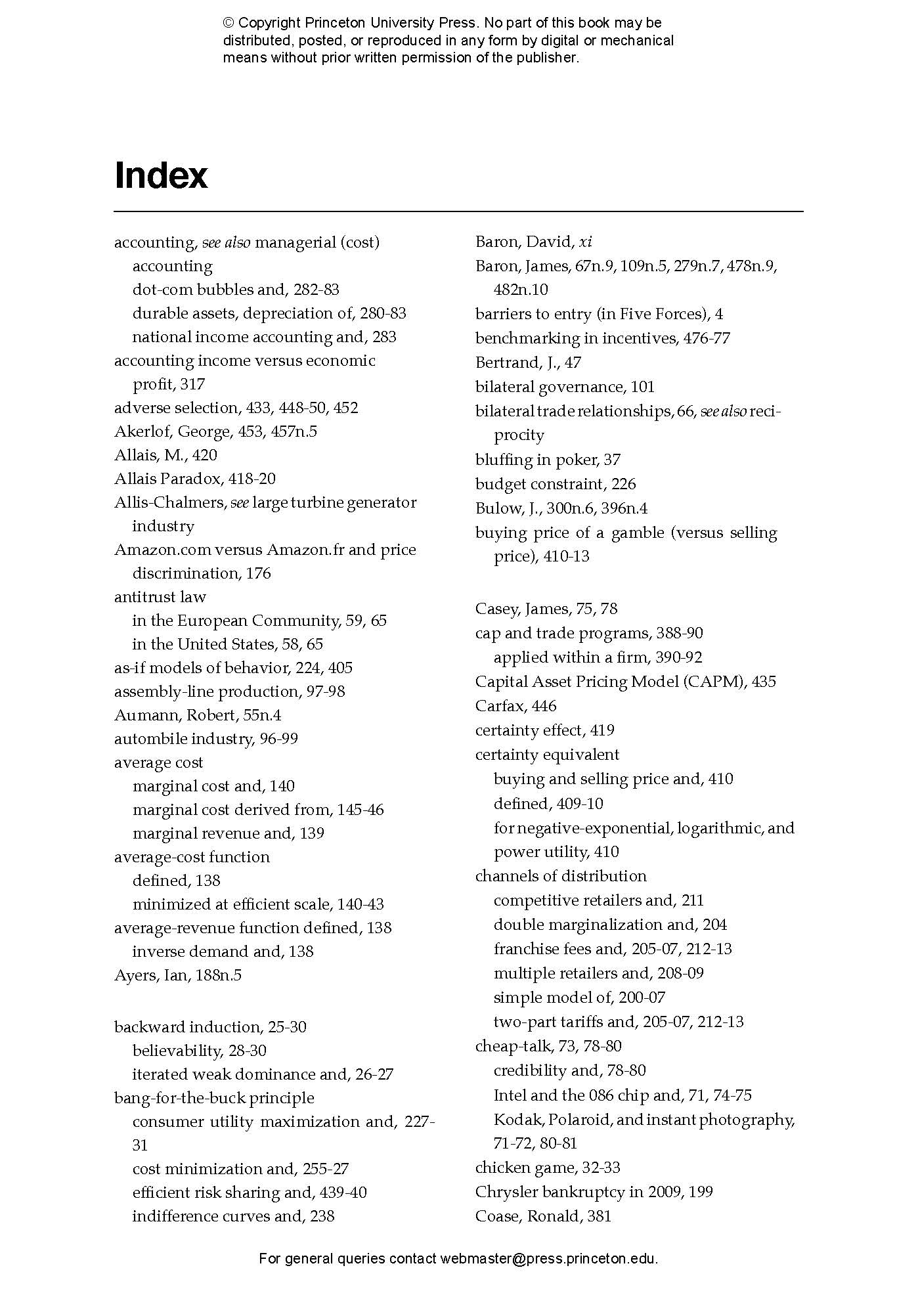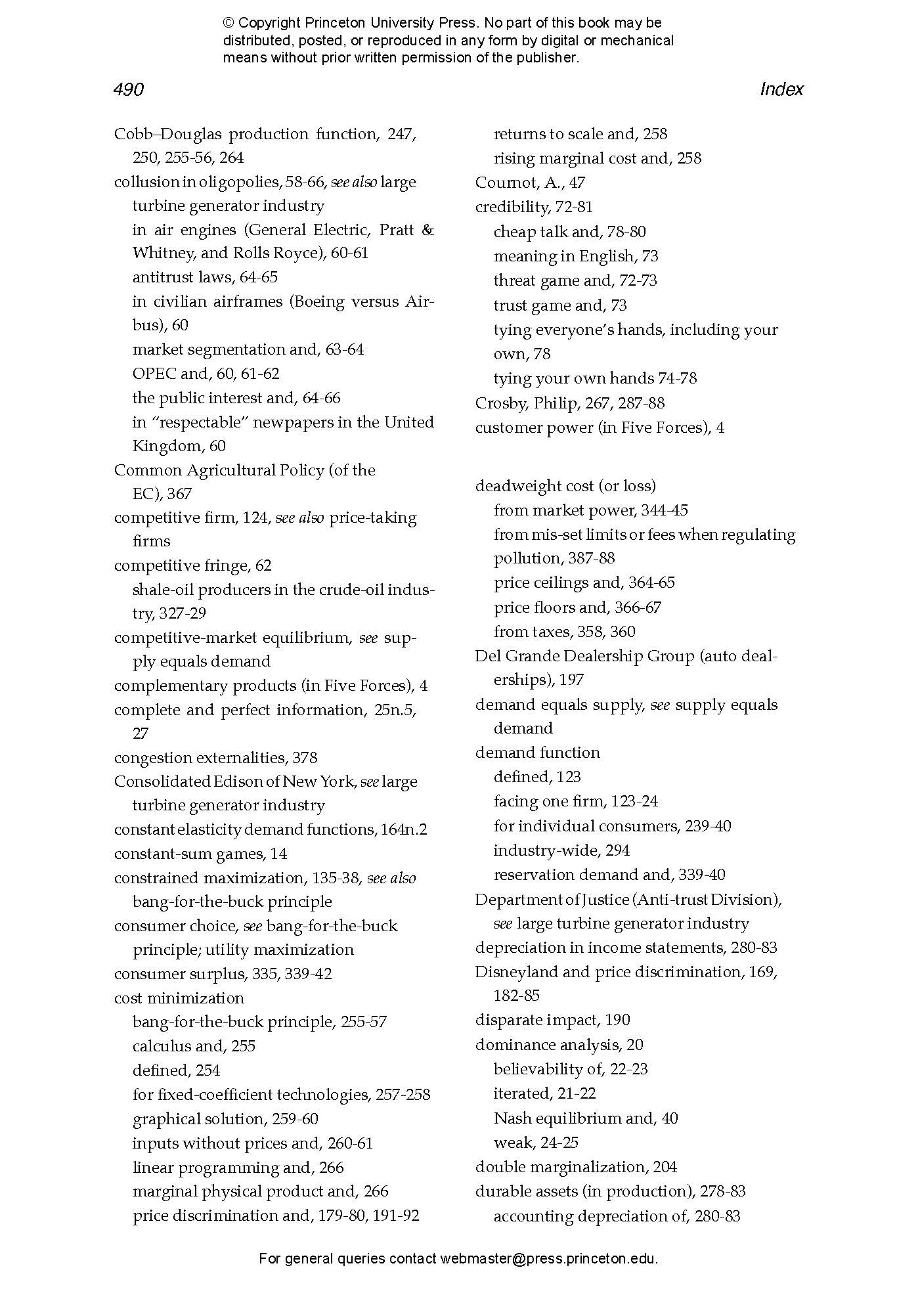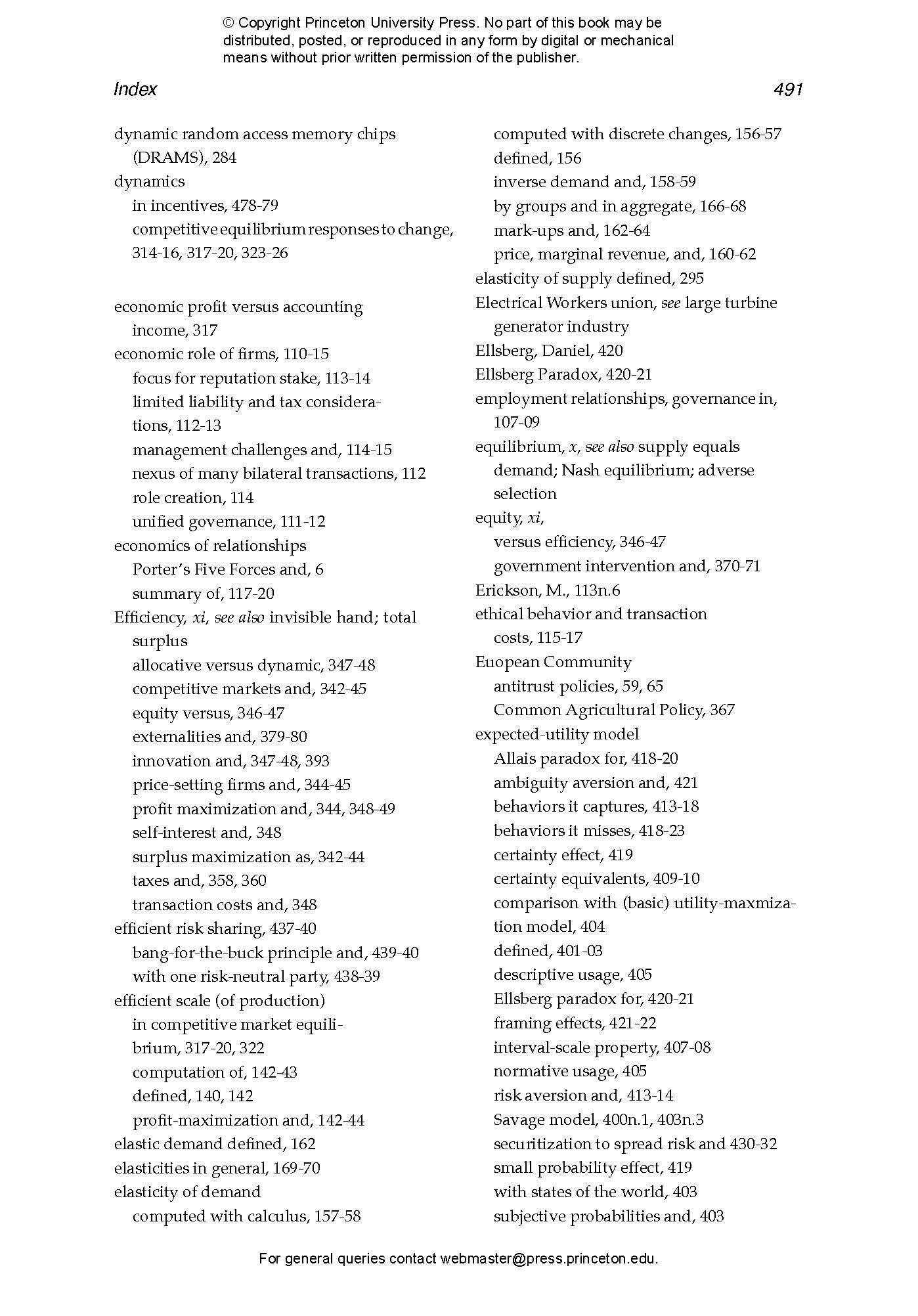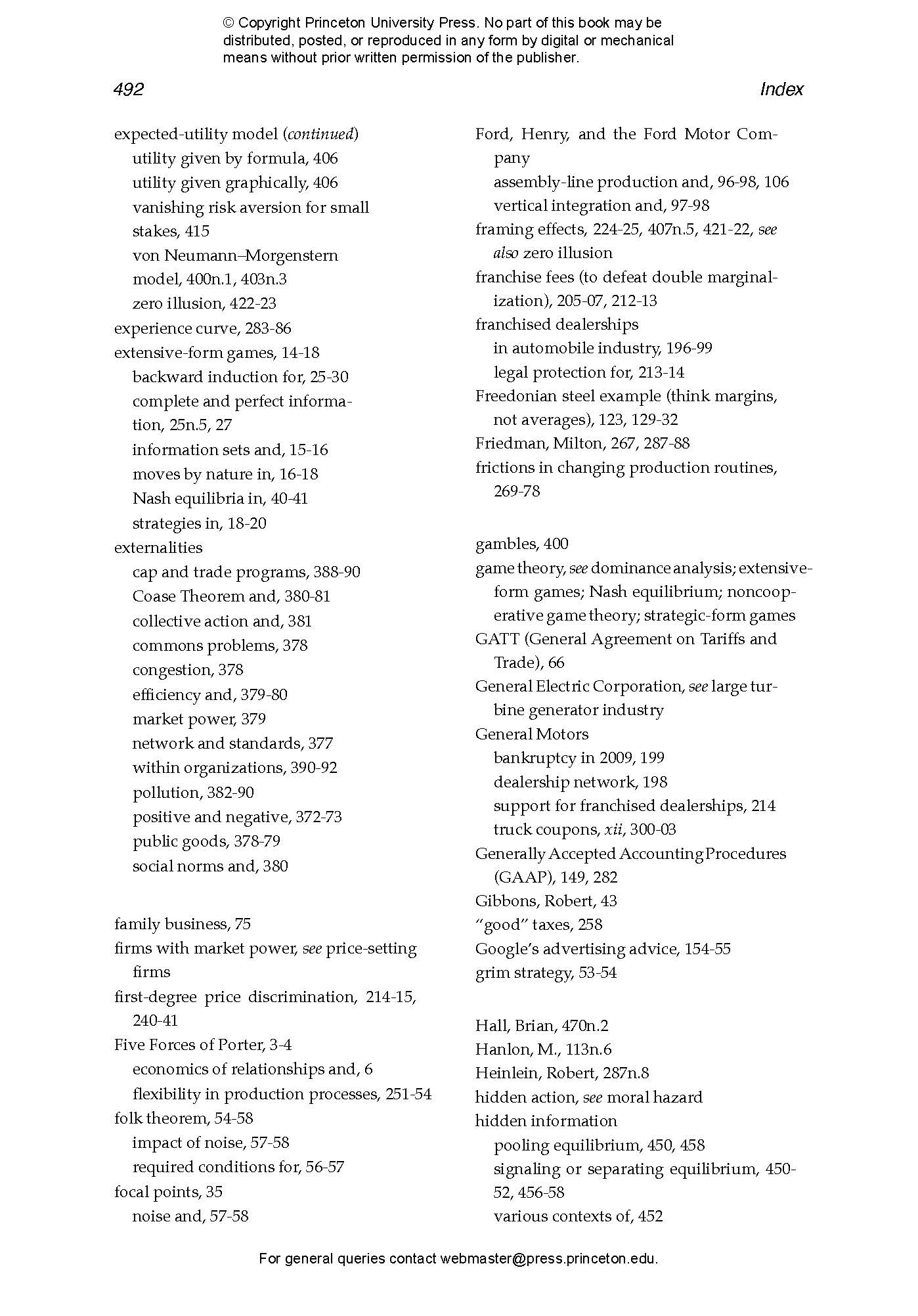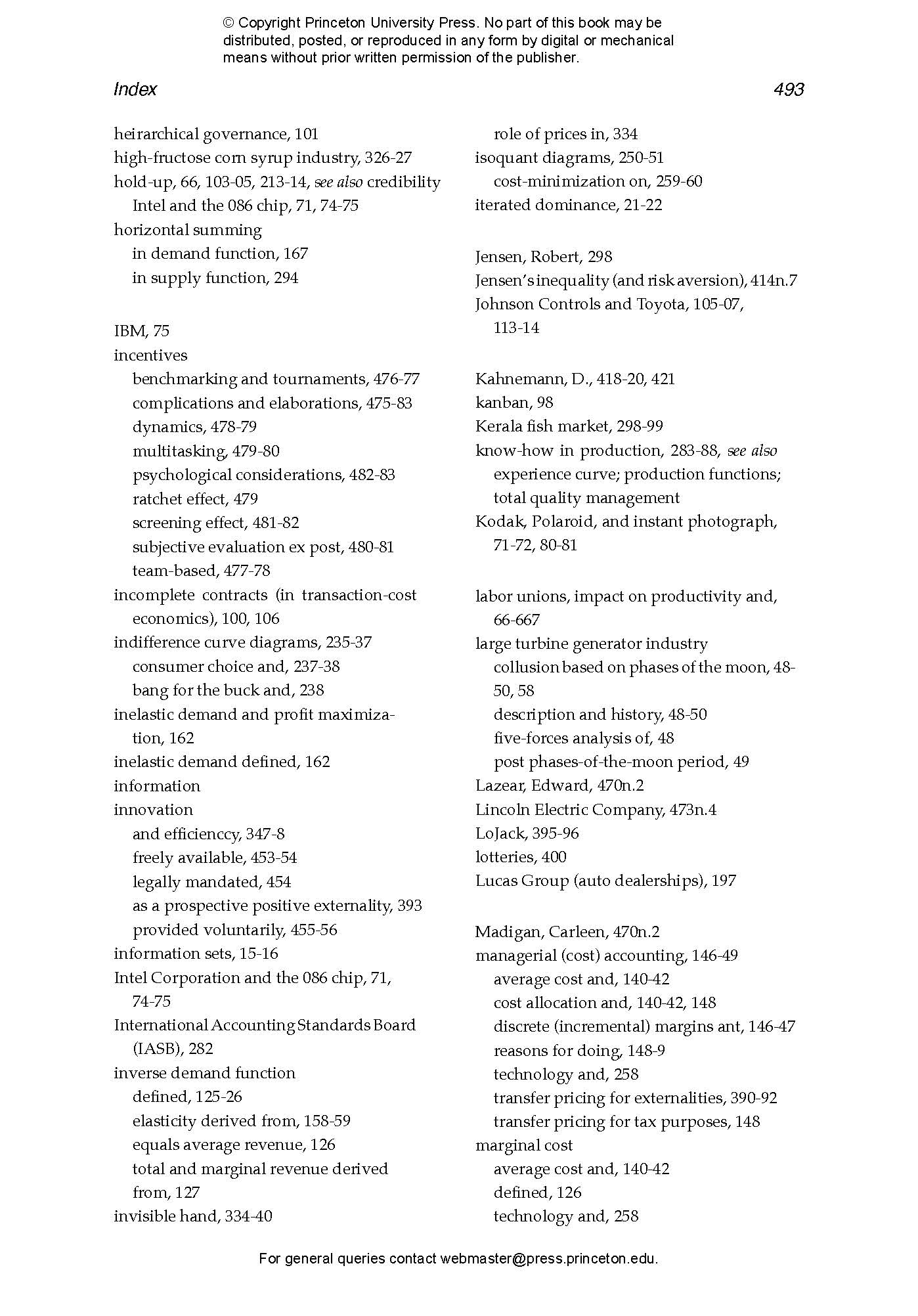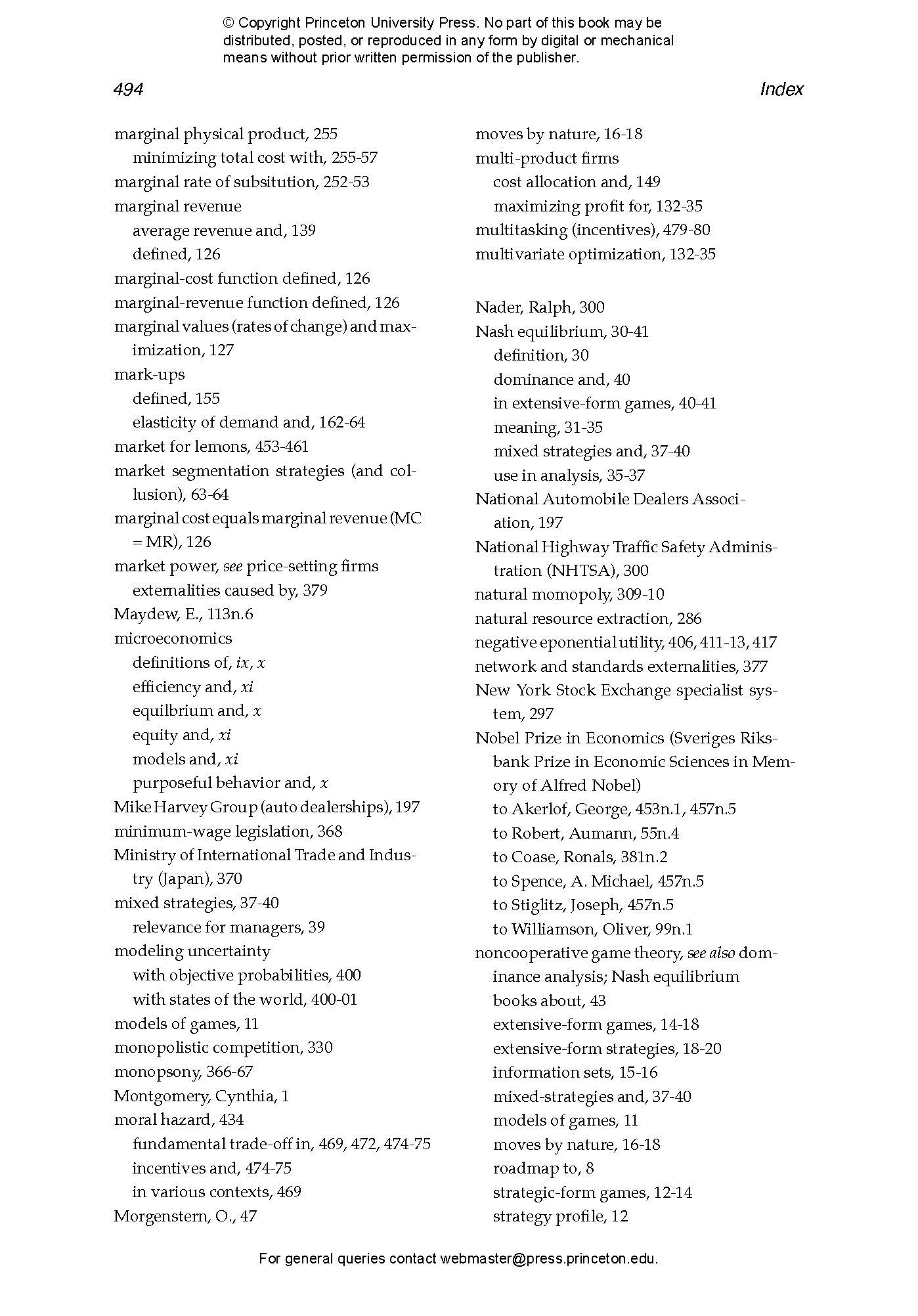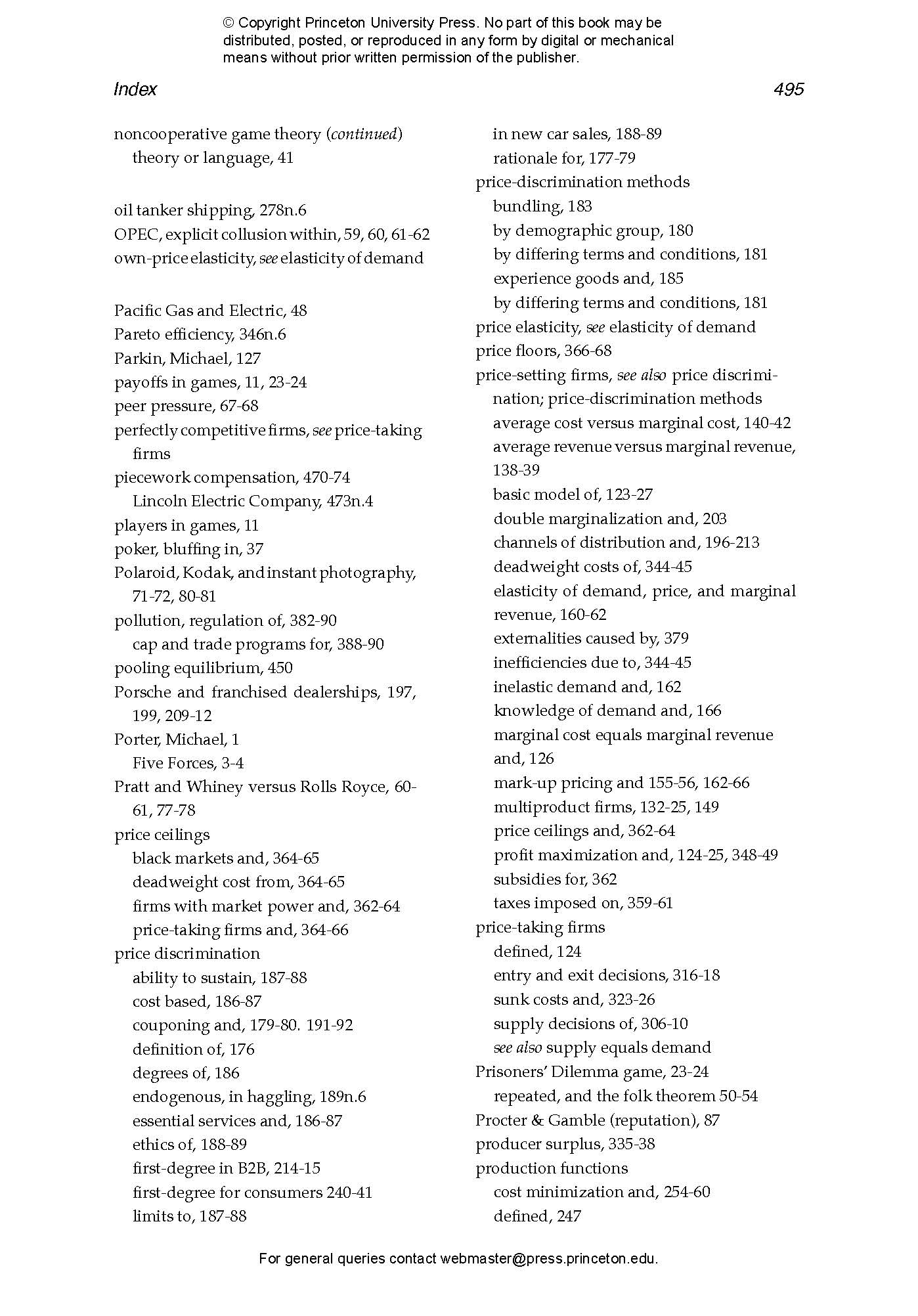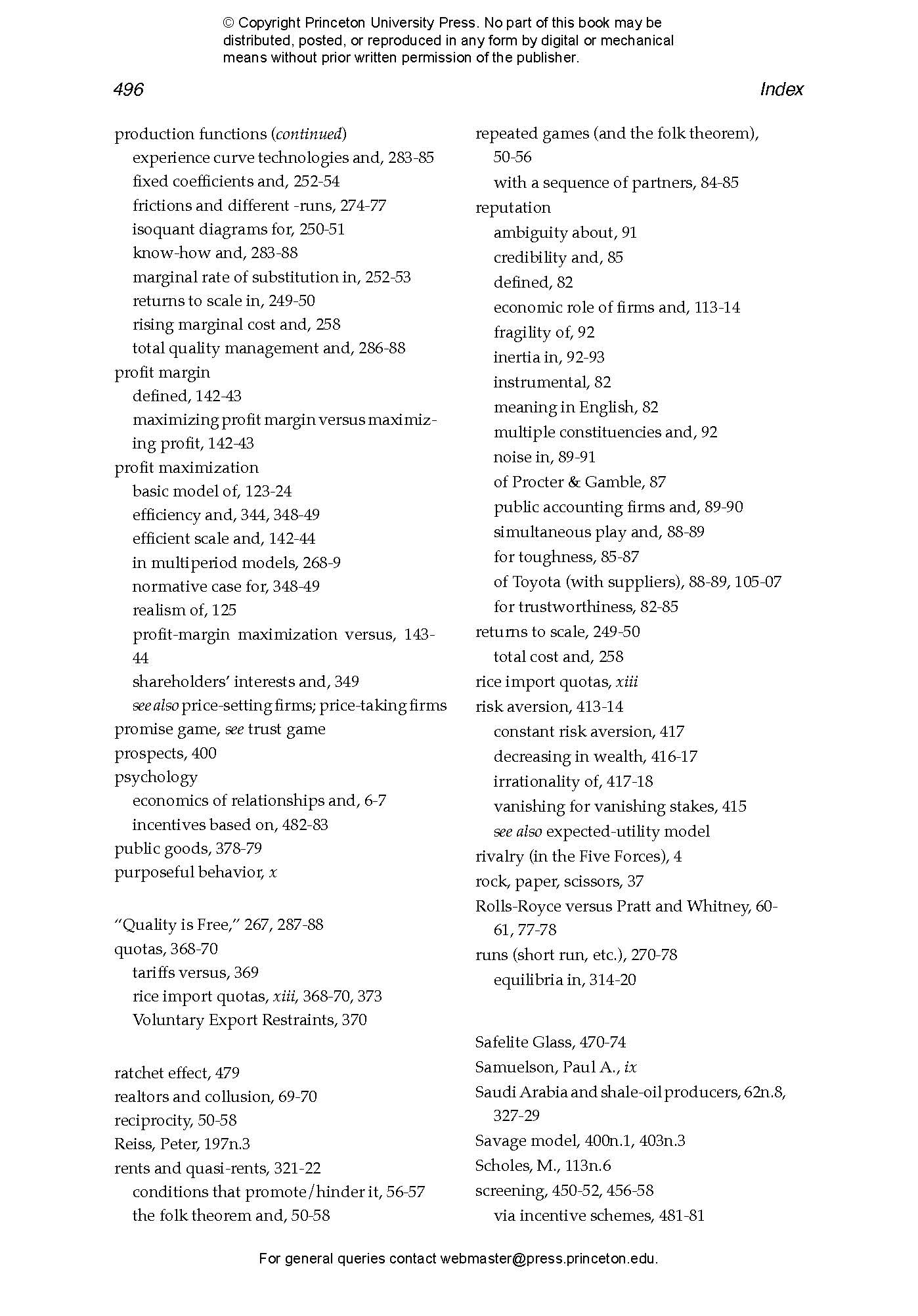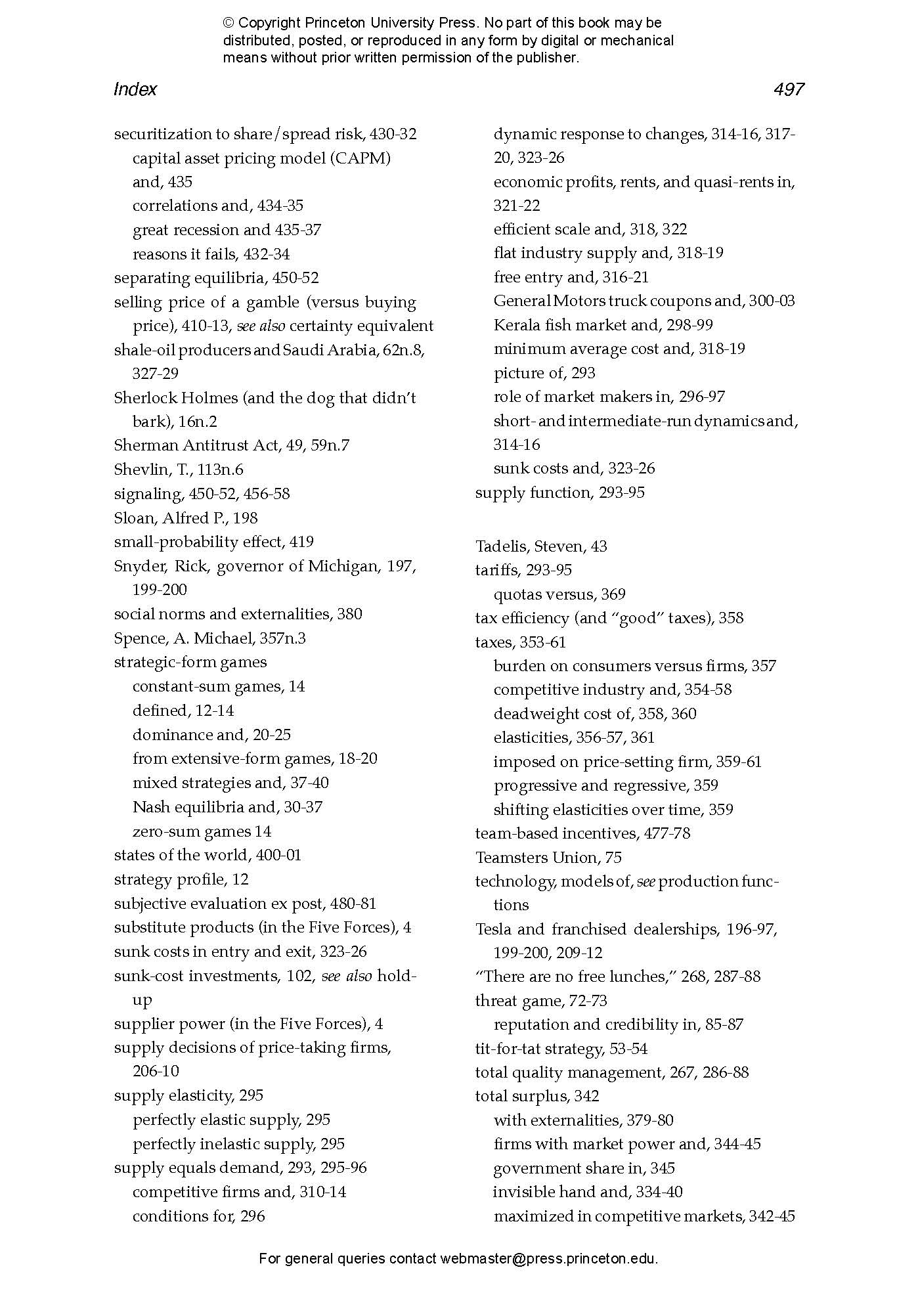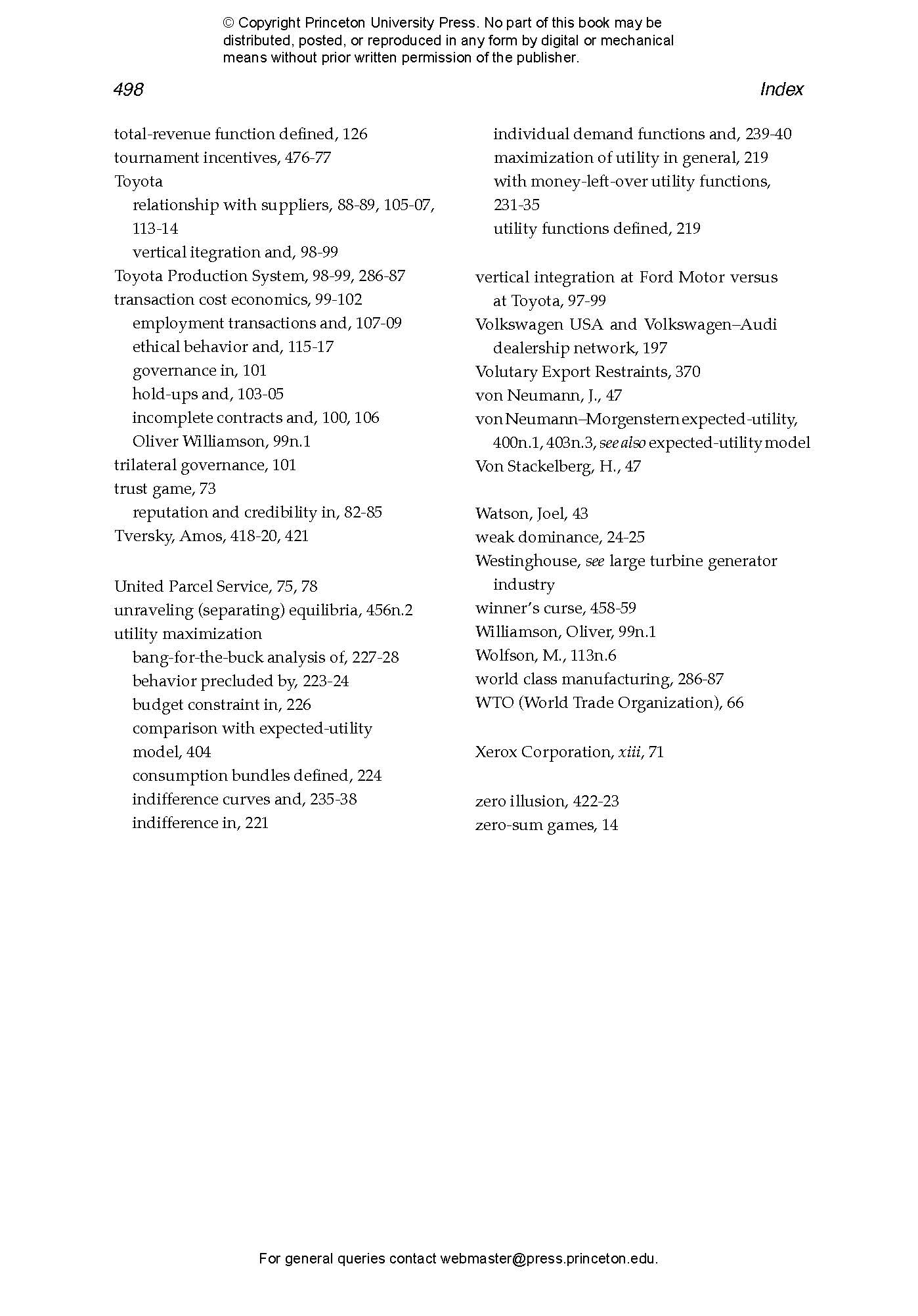This is a thoroughly revised and substantially streamlined new edition of a leading textbook that shows MBA students how understanding economics can help them make smarter and better-informed real-world management decisions. David Kreps, one of the world鈥檚 most influential economists, has developed and refined Microeconomics for Managers over decades of teaching at Stanford鈥檚 Graduate School of Business. Stressing game theory and strategic thinking and driven by in-depth, integrated case studies, the book shows future managers how economics can provide practical answers to critical business problems.
- Focuses on case studies and real companies, such as Amazon, Microsoft, General Motors, United Airlines, and Xerox
- Covers essential topics for future managers鈥攊ncluding price discrimination, Porter鈥檚 five forces, risk sharing and spreading, signaling and screening, credibility and reputation, and economics and organizational behavior
- Features an online supplement (available at micro4managers.stanford.edu) for students that provides solutions to the problems in the book, longer caselike exercises, review problems, a calculus review, and more
David M. Kreps is the Adams Distinguished Professor of Management, Emeritus, at Stanford University's Graduate School of Business. A leading economic theorist, he is past recipient of the John Bates Clark Medal, the John J. Carty Award for the Advancement of Science, the Erwin Plein Nemmers Prize in Economics, and the CME Group-MSRI Prize in Innovative Quantitative Applications. He is a Distinguished Fellow of the American Economic Association and a member of the National Academy of Sciences. Among his many books are The Motivation Toolkit: How to Align Your Employees' Interests with Your Own, Microeconomic Foundations I: Choice and Competitive Markets (Princeton), Strategic Human Resources (with James Baron), A Course in Microeconomic Theory (Princeton), and Game Theory and Economic Modelling.
- Preface to the Second Edition
- Part I: The Economics of Relationships
- 1. The Economics of Relationships (and Porter鈥檚 Five Forces)
- 2. Noncooperative Game Theory
- 3. Reciprocity and Collusion
- 4. Credibility and Reputation
- 5. Transaction-Cost Economics
- Part II: Pricing with Market Power
- 6. Marginal Cost Equals Marginal Revenue
- 7. Mark-Up Pricing and Elasticity
- 8. Price Discrimination
- 9. Channels of Distribution and Double Marginalization
- Part III: Bang for the Buck: Optimization Under Constraint
- 10. The Utility-Maximizing Consumer
- 11. Technology and Cost Minimization
- 12. Multiperiod Production and Cost
- Part IV: Competitive Markets
- 13. The Most Famous Picture in Economics
- 14. Competitive Firms in Competitive Markets
- 15. The Invisible Hand
- 16. Taxes, Subsidies, Administered Prices, and Quotas
- 17. Externalities
- Part V: Uncertainty and Information
- 18. The Expected-Utility Model
- 19. Risk Sharing and Spreading: Securities and Insurance Markets
- 20. Hidden Information: Adverse Selection, Signaling, and Screening
- 21. Hidden Action: Moral Hazard and Incentives
- Index



